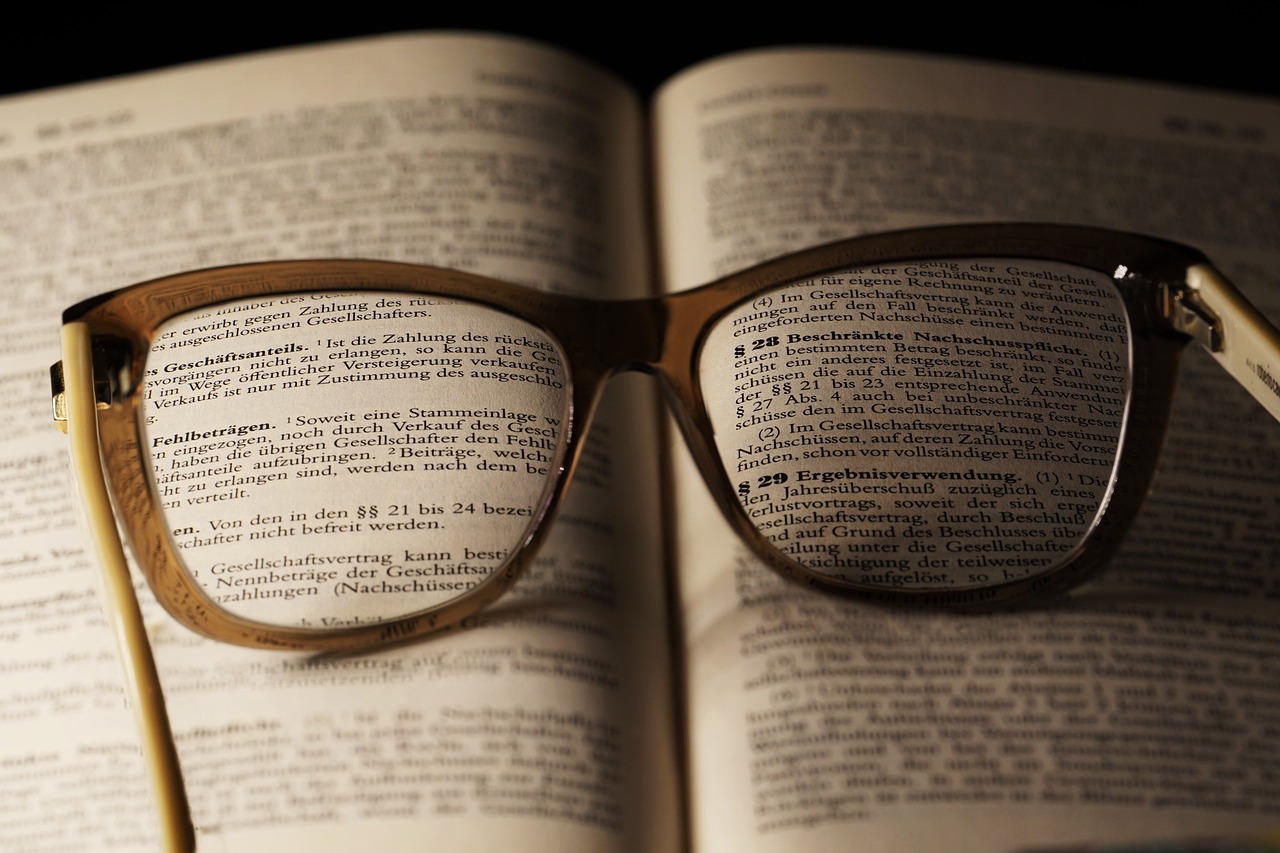What is a Paragraph?
A paragraph can be understood as a series of sentences which are well structured and organized. The sentences are related to the main topic. The main pursue of it is to attract the reader to understand the main theme. It can contain different kinds of arguments depending upon the given topic. Here are some of the essential tips for paragraph writing topics you need to take into account;
- Don’t deviate from the given paragraph topic
- Keep unity into consideration, which means sticking to the theme and generate a central idea
- Keep it crisp and concise
- Organize your paragraph in short sentences to avoid confusion
- Keep it in chronological order with the most important details at the beginning and likewise
Parts of a Paragraph
A paragraph is a series of sentences that works together to support one main idea. The four most important parts of a paragraph are the topic sentence, supporting details, transitional words and phrases, and a concluding sentence.
- The topic sentence of a paragraph is the first sentence. It states the main idea of the paragraph and often includes an introductory word such as first, second, or third. For example, the topic sentence in this paragraph is “A paragraph is a series of sentences that works together to support one main idea.”
- The supporting details help explain the topic sentence. The details may be facts or examples from experts, statistics or your own experiences supporting your topic sentence. In this paragraph, for example, “facts from experts” and “statistics” are supporting details.
- In addition to providing supporting details about the topic sentence, transitional words and phrases help the reader understand how each detail relates to the overall focus of the paragraph. Transitional words link each detail to other details in the same way that rungs connect two sides of a ladder. They also signal how much time has passed between different events occurring in a story when you write about them.
- Concluding Sentence is a final statement about the topic. It usually restates your topic sentence or summarizes the main points of the paragraph.
-

what is paragraph
Paragraph Writing Topics
Here are some of the important paragraph writing topics that are frequently asked in various competitive examinations:
- Write a paragraph about COVID 19 lockdown in India and its impact on Indian Economy.
- Write a paragraph about the uses of online resources and e-learning. How it overshadowed the traditional way of education.
- Write a paragraph about the effect of COVID 19 lockdown on your social life. Do you feel socially isolated with this lockdown?
- Write a paragraph about your garden. Mention all those plants that you watch them grow. Write it in a descriptive way so that readers can imagine walking through your garden while reading you.
- Write a paragraph the innovation you would wish to create. Include powerful statements in order to support the topic.
- Write a paragraph on your recent vacation. Include all the quintessential details related to the vacation. Include how you enjoyed the trip and what you found interesting.
- Write a paragraph life of a student in college days. Come up with an argument about how college life is thrilling from school life.
- Write a paragraph about environmental pollution. Do you believe after COVID 19 lockdown, positive changes in the environmental took place?
- Write a paragraph about the disadvantages of living in a big or metropolitan city?
- Write a paragraph about the benefits of COVID 19 lockdown.
Types of Paragraphs
- Descriptive Paragraph: Descriptive paragraph is a paragraph that describes something. This type of essay usually appeals to the five senses of touch, smell, sight, sound and taste. Writers can describe anything they want in this paragraph and they can be more artistic with it but they always have to follow the grammatical standards.
- Narrative Paragraph: Narrative paragraph narrates a story which includes a sequence of topic sentences like a clear start, middle of the topic and end to the paragraph. Example: Once upon a time there was a girl who was.
- Expository Paragraph:The expository paragraph gives information to the reader. It is often used to teach the reader something new or explain how to do something.
- Persuasive paragraph:The persuasive paragraph tries to persuade the reader to feel or think a certain way about something. This type of paragraph is usually written in first person and uses reasoning and facts as evidence for its point.*
Paragraph Writing Tips
In writing a structure for an essay or article, you need to be consistent with the flow of your ideas. In order to avoid confusion, it is recommended to use conjunctions and connective devices. These help the reader understand your main idea and make it easy for them to follow along with your train of thoughts in a logical manner.
Connective devices help develop an effective paragraph by assisting you in transitioning from one idea to another. The following are some examples of connective devices that you can use in your paragraphs:
- Adjectives/Adverbs: These are words that describe nouns or verbs and include words such as ‘then’, ‘however’, ‘today’, ‘therefore’, ‘finally’, etc.
- Conjunctions: These are words that are used to join two different sentences or clauses together and include words such as ‘and’, ‘however’, ‘but’, etc.
- Prepositions: These are words that show the relation between nouns and other parts of speech and include words such as ‘on’, ‘over’, ‘underneath’,
- Auxiliaries: These are the connecting words that help the reader grasp a better idea of what you are trying to convey. They are used to introduce new information in place and also connect different ideas together. Auxiliary verbs include “shall,” “will,” “can,” “may,” “is,” “are,” “was,” and others which are used with main verbs. These auxiliary verbs help drive force in the sentence
